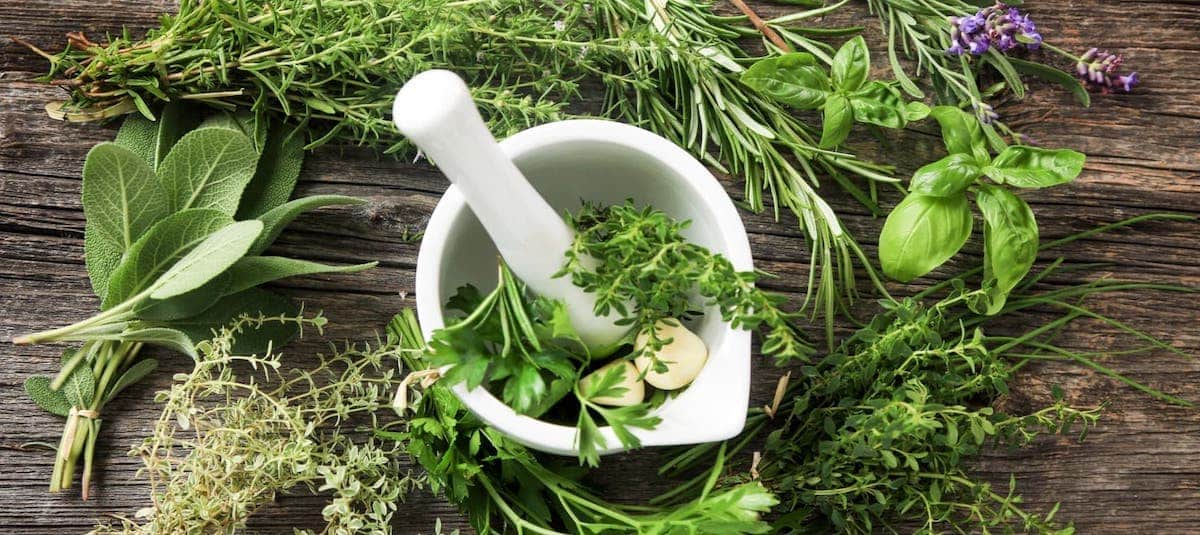
Type 2 diabetes is the most prevalent chronic disease in the developed world.
Approximately 10.5% of the American population has the disease, while other estimates have the prevalence as high as 52%. Still, the underlying cause of diabetes, hyperinsulinemia, is even more prevalent, affecting nearly 83%.
So, what’s going on? Why do so many people have diabetes and what can they do about it?
The Mechanism
When we eat food it is digested by our body and put into the bloodstream. Then signaling molecules, like insulin, are responsible for moving the nutrients out of the bloodstream and into the cells.
When the body has difficulty moving the sugar into the cells, then the amount of sugar in the bloodstream stays high and doctors identify this elevated blood sugar as diabetes. The specific reason the body has trouble getting sugar into the cells is how we identify what type of diabetes a person has.
Type 1 Diabetes
Type 1 diabetes is a condition that is generally present from a young age. In this condition, the immune system attacks pancreatic cells and renders them unable to make insulin - the primary hormone for sugar uptake in the cells. This disease is believed to be caused by genetics and viruses.
Prediabetes and Type 2
People diagnosed with prediabetes and type 2 diabetes typically have an elevated hemoglobin A1C, which represents your three-month average blood sugar level. The diagnosis of insulin resistance is the same for both, but occurs to varying degrees with a somewhat arbitrary threshold.
Insulin and Insulin Resistance
Insulin has been nicknamed the master hormone by some, since it affects more signaling cascades than almost any other molecule in the body. It is produced by the beta-cells of the pancreas in response to food.
Insulin is released in greater volumes based on the chemical makeup of the food. Insulin has a larger spike in response to the glycemic level of food. The larger the spikes, the more likely they are to impact hormone imbalance and cause insulin resistance over time.
The standard American diet, which is high in carbohydrates, will create high prolonged insulin spikes. Excess insulin is increasingly being identified as one of the main contributors to many chronic conditions, not just prediabetes and type 2 diabetes, including:
- Coronary calcification
- High blood pressure
- Stroke
- Osteoporosis
- Excess oxidation
Direct Complications of Diabetes
Having diabetes can also increase your likelihood of and susceptibility to many other conditions:
- Diabetic neuropathy - When the nerves are damaged due to escalated levels of sugar in the blood over a long period of time. Sixty to seventy percent of people with diabetes have been estimated to have neuropathy.
- Diabetic nephropathy - This is when blood vessels in the kidneys are damaged as a result of high blood sugar and high blood pressure, which is also correlated with diabetes. The condition can progress to kidney failure or end-stage kidney disease. Forty percent of people with diabetes have been estimated to have nephropathy.
- Diabetic retinopathy - This is when the blood vessels in the eye become damaged due to the high blood sugar. This disease is the leading cause of visual disability in the developed world, causing about ten percent of people diagnosed with diabetes for more than 15 years to have severe vision problems including cataracts, glaucoma, and even blindness in some cases.
- Sleep apnea - This is a serious sleep disorder where a person will stop breathing repeatedly for several seconds while sleeping.
- Hormonal Problems - Hyperinsulinemia generally comes from diets that may include a lack of protein and fats in favor of carbohydrates. All hormones are made from fat and protein, so if fat is cut out of the diet then the body has a more difficult time supplying essential communicating molecules like the neurotransmitter serotonin. Serotonin is responsible for regulating mood, and a lack of serotonin is correlated with clinical depression. Other hormones like estrogen, progesterone, and testosterone are also affected.
- Gastroparesis - This is when high levels of blood sugar cause the vagus nerve, which controls how quickly your stomach empties, to become damaged and stop working normally.
- Gum disease - With poorly controlled blood sugar also comes various forms of gum disease. Diabetics are three times more likely to have severe forms of gum disease, and to lose more teeth than people without diabetes.
Managing Diabetes with Herbs and Diet
For people diagnosed with type 1 diabetes, insulin replacement is basically unavoidable, however the amount of insulin is dependent on diet and other nutritional factors.
With type 2 diabetes, insulin is one of the worst treatment options as it can feed the positive feedback loop and continue to progress the disease. Instead there are other alternatives to managing the disease.
For those looking to manage their diabetes naturally, there are several different factors you should consider along your journey:
Diet
The primary cause of metabolic diseases such as type 2 diabetes and other forms of hyperinsulinemia is the diet.
Maintaining a healthy blood sugar requires reducing the amount of sugar the body has to process. Eating a low glycemic diet with proper fats and proteins can greatly benefit your body’s natural metabolic mechanism, and get you on the right track to fighting diabetes.
Remember, the glycemic load that your body takes on is what determines the amount of insulin that gets rushed into the bloodstream. The larger the load, the larger the spike.
The more big spikes you have over your lifetime the more insulin resistance (type 2 diabetes) you develop. Beginning to get your blood glucose under control will also make it easier to fast and thereby lose weight. One great form of fasting that has been effective for a lot of people with type 2 diabetes is intermittent fasting.
Herbs and Supplements
The importance of supplements is also crucial for waging a natural war against diabetes. Herbs against diabetes come in many shapes and sizes, there are several options, but here are some crucial ones:
- Bael (Aegle marmelos)
- Berberine (Berberis vulgaris) - This herb is a mainstay in blood sugar control as it activates an enzyme called AMP-activated protein kinase (AMPK). AMPK is a metabolism regulator that increases the insulin sensitivity of the cells and reduces the liver’s production of glucose.
- Bitter Melon (Momordica charantia)
- Black Seed (Nigella sativa)
- Cinnamon (Cinnamomum verum) - This spice has been shown to lower key indicators of diabetes, including fasting glucose (Hemoglobin A1C), low-density lipoprotein cholesterol (LDLc - the “bad” cholesterol), and triglycerides (fat) in the bloodstream. It also increased important factors to metabolic health, including insulin sensitivity and high-density lipoprotein cholesterol (HDLc - the “good” cholesterol).
- Fenugreek (Trigonella foenum-graecum) - This seed contains fibers and chemicals that slow down the digestion of sugar by the body making foods have a lower glycemic impact on your body.
- Ginseng (Panax ginseng)
- Gurmar (Gymnema sylvestre)
- Milk thistle (silybum marianum) - Has been shown to reduce blood glucose and lipid levels and has beneficial effects for general liver function.
- Ocimum sanctum leaf powder
- Onion (Allium cepa)
- Salacia reticulata
- Omega-3 - Although not an herb, omega-3 fatty acids are a great natural supplement that can aid in metabolic health. Having an elevated ratio of omega-6 to omega-3 has been shown to raise your risk of diabetes and heart disease.
The standard American diet has an excess of omega-6 polyunsaturated fatty acids from seeds and vegetable oils, which contributes to the imbalance of this indicator.
Reducing your consumption of seed and vegetable oils, supplementing with an omega-3 supplement, and incorporating fish into your diet will do wonders for your metabolic health.
- Vitamin D3/K2 - Supplementing with vitamin D3 and K2 can help regulate your calcium levels, which are very important for diabetic patients who have increased stress on their vasculature due to elevated insulin levels. In an elevated insulin state, the body has a tendency towards calcification and may result in detrimental heart disease.
The Takeaway
Type 1 diabetes and insulin resistance are monsters that can wreak havoc on the human body if left unmanaged, causing everything from blindness to tooth loss to heart disease.
Some simple solutions to get your body back on track involve a whole slew of supplements and a better diet. By moving away from carbohydrates and ensuring your body has all the nutrients it needs, you can wage war against diabetes the natural way with herbs and supplements.


